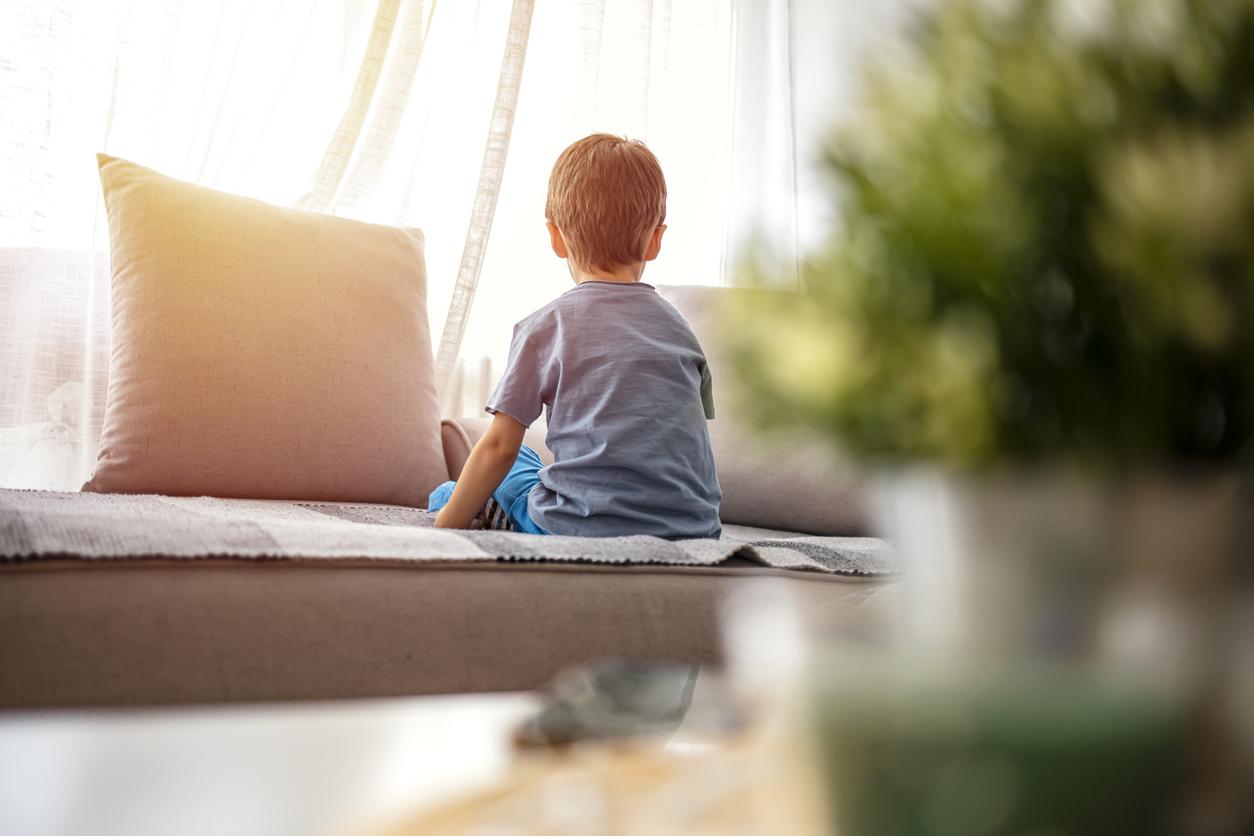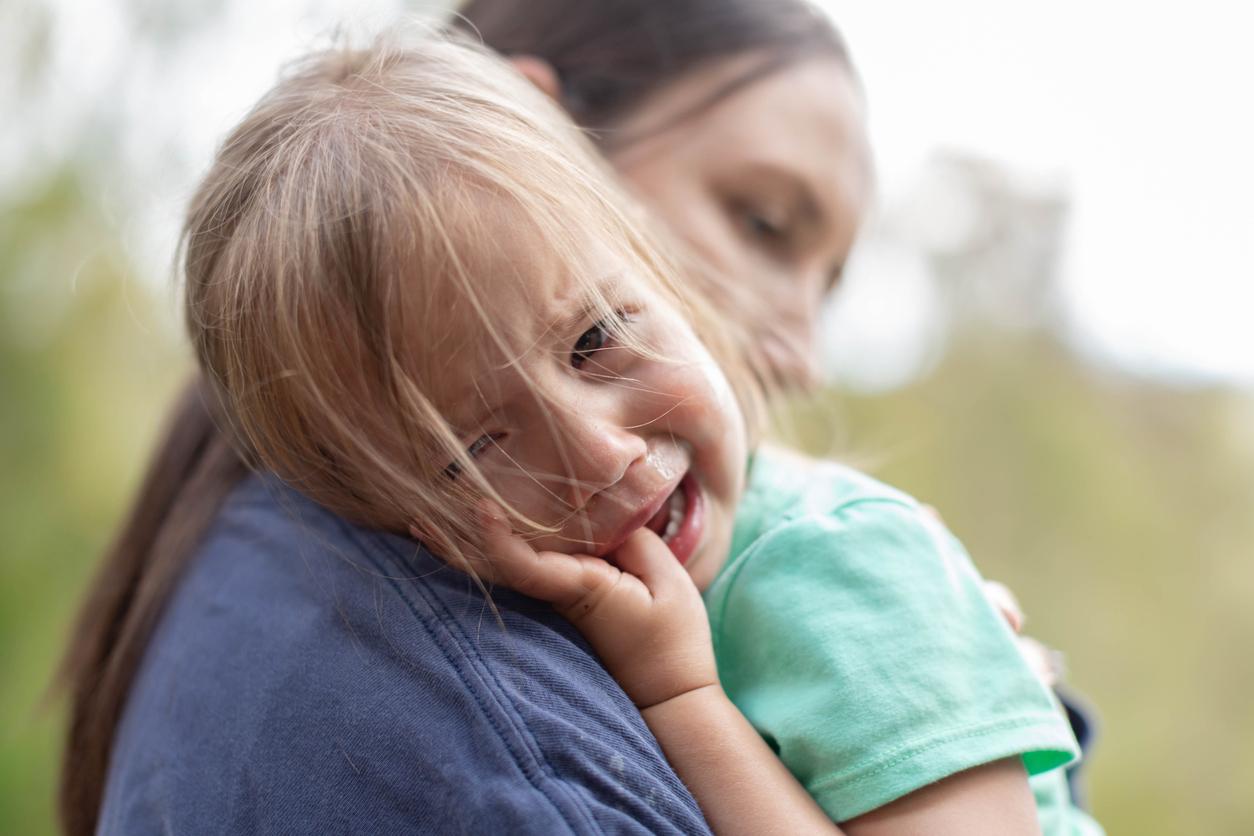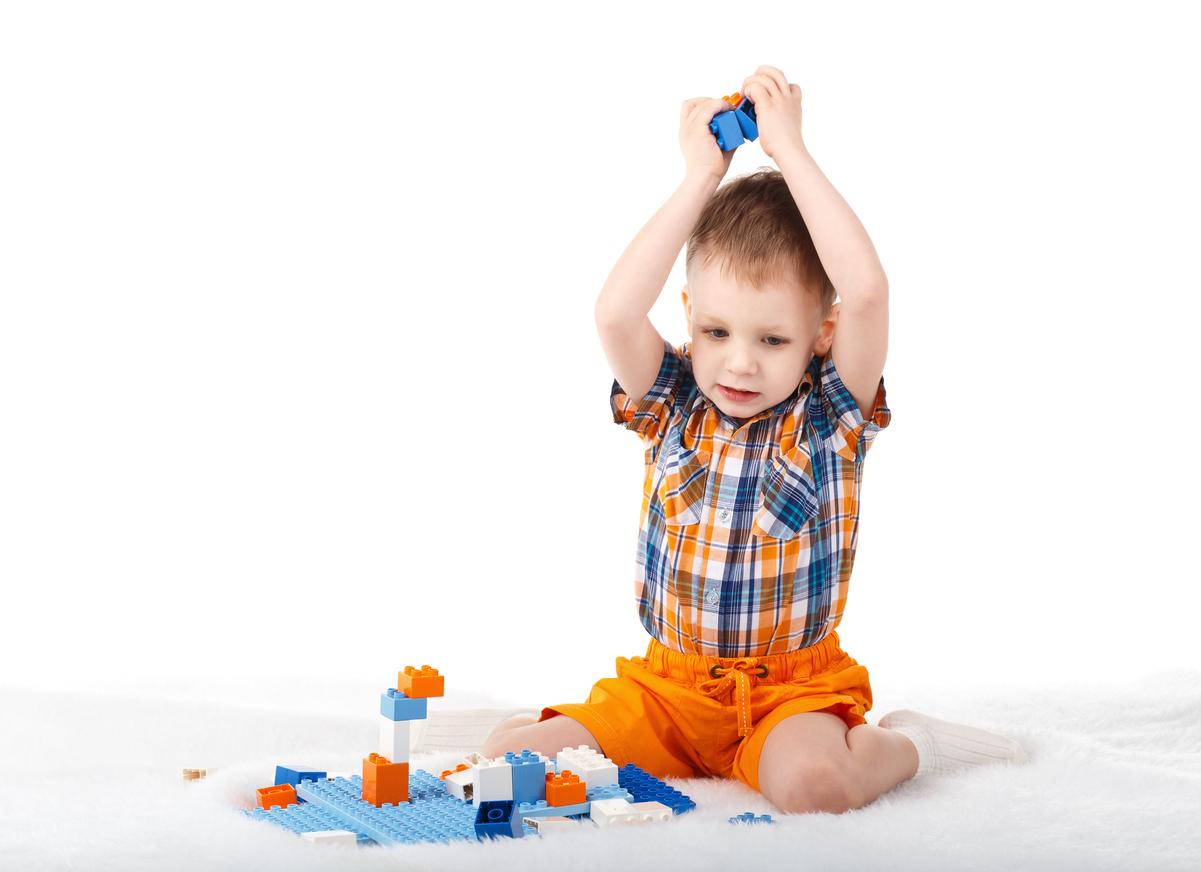Dogs, cats, birds, rodents and even goldfish, autistic children who live with a pet are more sociable than others.
Researchers from the University of Missouri (USA) carried out a study to understand whether pets had a positive impact on the development of sociability in autistic children. They interviewed 70 families with a sick child.
The majority (70%) owned a dog, half a cat. Among them, some also lived with rodents, rabbits, birds and even reptiles or a spider.
The results of this study show that these children autistic more easily come into contact with strangers.
“Children who have a pet of any kind are more likely to engage in social behaviors such as introducing themselves to someone, asking for information, or answering other people’s questions,” Gretchen noted. Carlisle, researcher at the Center for Research on Human-Animal Interactions (ReCHAI). “When children with disabilities take their dogs out, the other children stop and talk. Children with autism don’t approach others easily, but if there is an animal in the home, the child is attached to it, and a visitor starts talking about the animal, the child has more chances of responding,” says Gretchen Carlisle.
You have to find the right pet for each child
“Dogs are good for some children with autism, but it’s not necessarily the best option for every child,” says Gretchen Carlisle. “Even if parents assume that having a dog is the best solution for their child, my data shows that children with autism have better social skills when they live with any pet. »
The National Institute of Health and Medical Research (Inserm) estimates that 100,000 young people under the age of 20 suffer from pervasive developmental disorder (PDD) in France and that infantile autism affects approximately 30,000 of them. between them.
Read also:
Pollution doubles the risk of pollution
Autism: the majority of the risk would be genetic
1 in 2 American children could have autism within 10 years


















